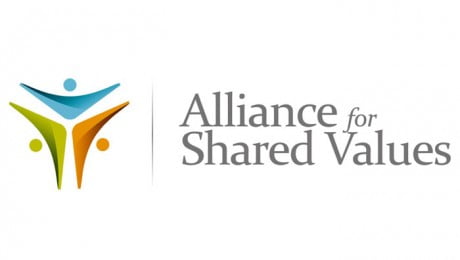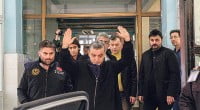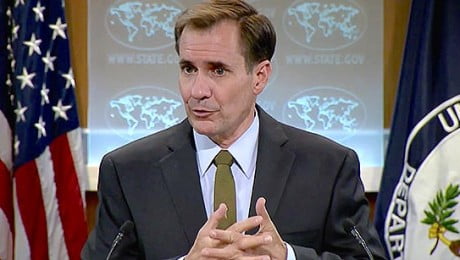Keyword: Democracy

AFSV Denounces President Erdogan’s Seizure of Leading Newspaper Zaman
The Turkish government’s seizure of Zaman, the largest-selling newspaper in Turkey, is an attack on the country’s human rights, civil society and freedom of expression and the media. In his effort to consolidate power and silence all dissent, president Recep Tayyip Erdoğan’s actions only serve to highlight his growing authoritarian tendencies.

The Hizmet movement, social democracy, the religious left
The organizers announced that the conference would on the first day focus on “the Hizmet movement, inspired by the Turkish preacher Fethullah Gülen, which is portrayed by many as an example of modern, ‘enlightened’ Islam, oriented towards dialogue and co-operation rather than conflict.

AFSV Statement on Turkish Government Actions against Free Media
Today, the headquarters of among the few remaining independent media outlets were raided by the Erdogan regime. The directors, staff and journalists were forcibly removed from their position and replaced by Erdogan loyalists who pulled the plug on live broadcast.

Fuat Avni claims Gülen-inspired schools to be closed due to fabricated auditing standards
A government whistleblower who tweets under the pseudonym Fuat Avni has claimed a new wave of police raids will be conducted on private and prep schools intended to shut them down temporarily or permanently based on fabricated auditing standards before the Nov. 1 snap election.

AFSV Statement on Media and Business Crackdown
The Alliance for Shared Values denounces the politically-motivated raids on Koza Ipek holding group, publisher of opposition Bugun daily, as well as the arrest of two British journalists and their translator. These disgraceful actions by President Erdogan and his oligarchy are aimed at silencing independent media in preparation for upcoming November elections, and at deflecting criticism resulting from massive government corruption, nepotism and failure to accept election defeat.

On front lines of fight for press freedom in Turkey
“I’m happy to be a journalist despite all the stress and pressure we’ve been under from the government,” Akarcesme said last Tuesday during a visit to the newspaper’s offices by group of Capital Region journalists and academics led by the Turkish Cultural Center of Albany.

Jurist’s report highlighting illegality of Karaca’s arrest submitted to top court
Lawyers representing journalist Hidayet Karaca, who remains in prison despite a ruling for his release, have submitted a report drafted by a prominent jurist to the Constitutional Court in which the unlawfulness of Karaca’s arrest was highlighted.

Kanter: I was excluded from Turkey squad due to my beliefs
Turkish basketball player Enes Kanter, who has made no secret of his links to the Gülen movement — a civil society group also known as the Hizmet movement that is inspired by Turkish Islamic scholar Fethullah Gülen — has stated that he has been excluded from Turkey’s basketball team for the 2015 European Basketball Championship due to his beliefs.

Bank Asya lawyers call upon B Group shareholders to join against seizure
Publicly traded Islamic bank Bank Asya’s owners have launched 100 cases against the seizure by regulators, with lawyer Süleyman Taşbaş emphasizing that lawsuits can also be filed on behalf of the 18,000 shareholders corresponding to the B Group shares.

Samanyolu permission to shoot Ramadan program in mosque
Requests submitted by the Samanyolu Group seeking permission for two of its stations to shoot programs in the gardens of two mosques in the Üsküdar district of Istanbul during the holy month of Ramadan have been turned down by the İstanbul Mufti’s Office.

Turkey: Democracy in peril – A human rights report
In a springtime of hope, the first decade of the 21st century, Turks and outside observers shared a dream that Turkey might become that bright star in an otherwise muddled constellation of the Middle East—a real democracy in a predominantly Muslim country, committed to civil liberty, human rights, pluralism, and civil society. That hope has disappeared as but a short- lived meteor in the dark, troubled sky. It is no more; and there is little optimism for its return in the foreseeable future. Turkey’s democracy is in regression.





















